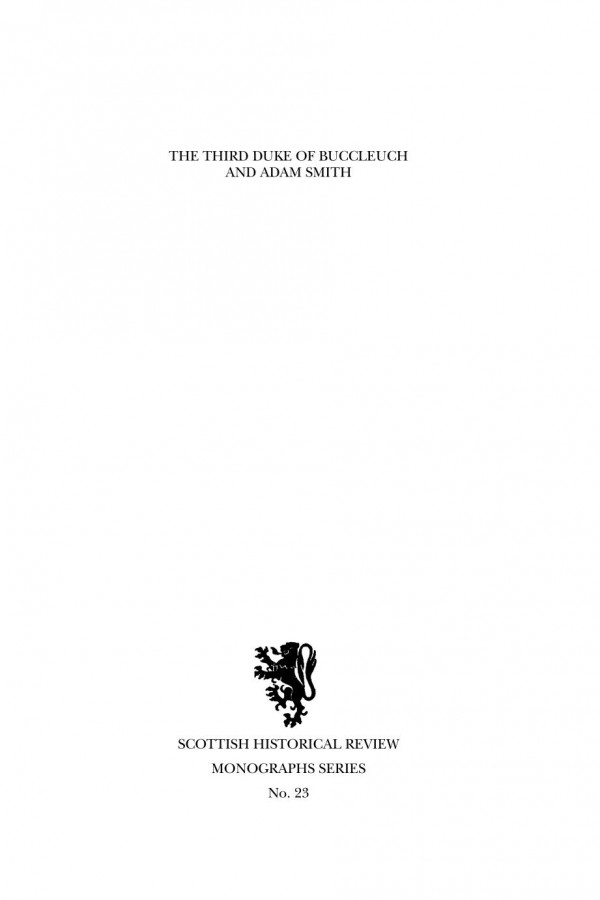

Most ebook files are in PDF format, so you can easily read them using various software such as Foxit Reader or directly on the Google Chrome browser.
Some ebook files are released by publishers in other formats such as .awz, .mobi, .epub, .fb2, etc. You may need to install specific software to read these formats on mobile/PC, such as Calibre.
Please read the tutorial at this link: https://ebookbell.com/faq
We offer FREE conversion to the popular formats you request; however, this may take some time. Therefore, right after payment, please email us, and we will try to provide the service as quickly as possible.
For some exceptional file formats or broken links (if any), please refrain from opening any disputes. Instead, email us first, and we will try to assist within a maximum of 6 hours.
EbookBell Team

4.1
90 reviewsHenry Scott, the third Duke of Buccleuch (1746-1812), presided over the management of one of the largest landed estates in Britain during a time of dramatic agrarian, social and political change. Tutored and advised by the philosopher Adam Smith, the Duke was also an important patron of the Scottish Enlightenment, lauded by the Edinburgh literati the as an exemplar of patriotic nobility and civic virtue, while his alliance with Henry Dundas dominated Scottish politics for almost forty years. Combining the approaches of intellectual, economic and landscape history, this book examines the life and career of the third Duke, focusing in particular on his relationship with Adam Smith and the improvement of his extensive Scottish estates.
By examining the influence of one of the eighteenth century’s foremost philosophers of improvement upon the career of one Scotland’s largest landowners, this book explores the various influences - intellectual, economic, moral and political - which helped shape Scotland’s distinctive agricultural revolution. In its exploration of the cultural as well as the economic roots of improvement and in its assessment of previously unappreciated aspect of Adam Smith’s career, this book will appeal to both specialist scholars and general readers interested in the Scottish Enlightenment, estate management and the culture of improvement in eighteenth-century Scotland.